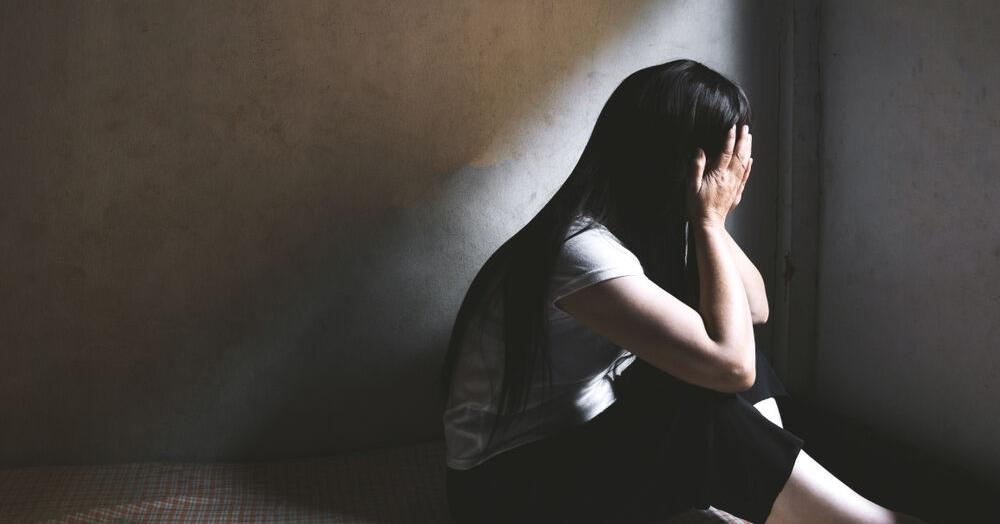Are you curious to know what is a CSA survivor? You have come to the right place as I am going to tell you everything about a CSA survivor in a very simple explanation. Without further discussion let’s begin to know what is a CSA survivor?
The term “CSA survivor” refers to an individual who has experienced childhood sexual abuse (CSA) and has embarked on a courageous journey of healing and empowerment. CSA survivors often face a range of emotional, psychological, and physical challenges resulting from their traumatic experiences. In this blog, we will explore the definition of CSA survivors, the common effects of childhood sexual abuse, and the paths to healing and recovery.
What Is A CSA Survivor?
A CSA survivor is someone who has endured sexual abuse during their formative years, typically before the age of 18. CSA encompasses various forms of sexual exploitation or abuse, including molestation, rape, exposure to pornography, and other inappropriate sexual behaviors by an adult or older person. Survivors may be of any gender and come from diverse backgrounds.
Common Effects Of Childhood Sexual Abuse
Childhood sexual abuse can have profound and long-lasting effects on survivors. These effects can manifest in various ways and may include:
- Psychological Impact: CSA survivors often grapple with psychological challenges such as post-traumatic stress disorder (PTSD), depression, anxiety, and dissociation. Trust issues, low self-esteem, and a distorted self-image are common as well.
- Emotional Turmoil: Survivors may experience intense and conflicting emotions, such as anger, guilt, shame, fear, and grief. These emotions can affect their relationships and overall well-being.
- Behavioral Changes: CSA can lead to changes in behavior, including self-destructive behaviors like self-harm, substance abuse, and eating disorders. Survivors may also struggle with issues related to boundaries, personal space, and sexual intimacy.
- Physical Consequences: Survivors may experience physical symptoms or health issues resulting from the stress and trauma associated with CSA. This can include chronic pain, sexual dysfunction, and sleep disturbances.
- Impact on Relationships: Childhood sexual abuse can affect survivors’ ability to form and maintain healthy relationships. It may lead to difficulty in trusting others and developing emotional intimacy.
Learn more about similar topics like these on Clynerr.
The Path To Healing And Empowerment
Healing from childhood sexual abuse is a challenging but crucial journey. CSA survivors often find strength and empowerment through various means, including:
- Therapy and Counseling: Professional therapy, such as cognitive-behavioral therapy (CBT), trauma-focused therapy, and group therapy, can help survivors process their experiences and develop coping strategies.
- Support Networks: Building a support network of trusted friends, family members, or support groups can provide emotional reassurance and a sense of belonging.
- Self-Care: Practicing self-care, which can include mindfulness, meditation, exercise, and maintaining a healthy lifestyle, is essential for healing and self-empowerment.
- Education and Advocacy: Some survivors become advocates, raising awareness about CSA and fighting to protect others from similar experiences. Education and advocacy can be a powerful source of empowerment.
- Legal Action: In some cases, survivors choose to pursue legal action against their abusers. Legal action can help survivors reclaim a sense of justice and hold perpetrators accountable.
Conclusion
CSA survivors, despite the pain and challenges they endure, have the resilience and strength to heal and empower themselves. Their journey towards recovery often involves professional help, a support system, self-care, and advocacy. Understanding and supporting CSA survivors is essential for promoting their healing and fostering a world where childhood sexual abuse is prevented and survivors are given the resources they need to reclaim their lives. It is crucial that we acknowledge the resilience and courage of CSA survivors and work together to create a safer and more empathetic society for all.
FAQ
What Does CSA Stand For Trauma?
Child sexual abuse, also known as CSA, is a form of child abuse that includes sexual activity with a victim under the age of 18 years old.
What Does CSA Mean Mental Health?
Childhood sexual abuse (CSA) is a widely acknowledged trauma that affects a substantial number of boys/men.
What Age Is Considered CSA?
Risk for CSA rises with age, with the highest number of victims in the 12 to 17-year age range. Girls are considered to be at high risk for CSA starting at an earlier age and of longer duration, while risk for boys peaks later and for a briefer period of time.
What Triggers CSA?
Specific triggering situations include medical and dental examinations; childbirth; coming into contact with the perpetrator following abuse; therapy; sexual activity; going through legal proceedings relating to the CSA; their own child experiencing CSA; and needing to seek emotional support.
I Have Covered All The Following Queries And Topics In The Above Article
What Is A CSA Survivor
What Is A CSA Survivor
What does CSA survivor mean in medical terms
